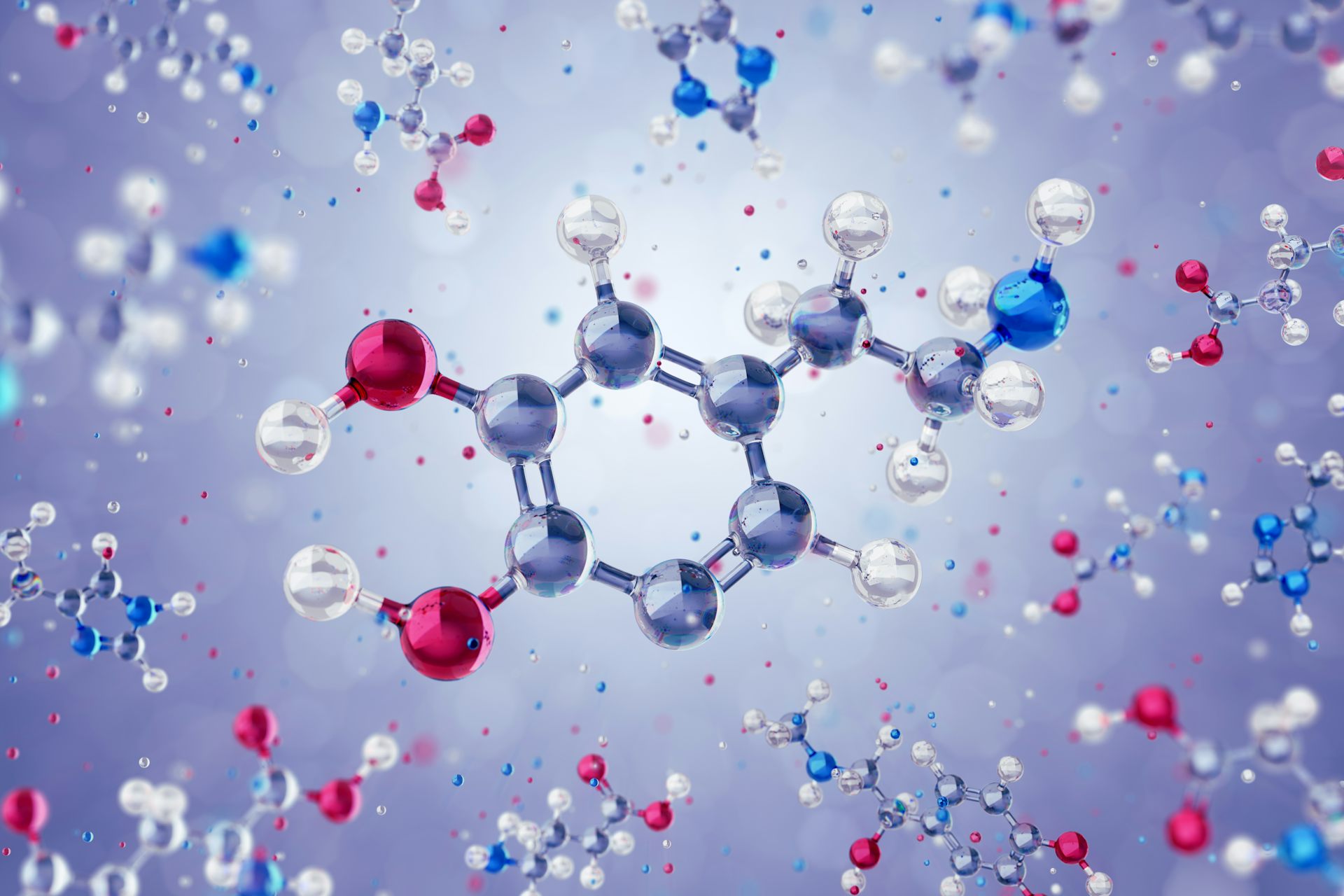Author:
Jenny Graves
(MENAFN- The Conversation) Parkinson's disease, a debilitating neurodegenerative disease common in elderly people, istwice as prevalentin men than women.
A new studypublished this monthsuggests the sex gene (SRY on the male-specific Y chromosome) plays a role in the loss of dopamine-making neurons that underlies this disease.
As well as providing a spectacular example of how genes act differently in male and female brains, this discovery may lead to a new treatment option for men suffering from Parkinson's disease.
Read more:
Not just about sex: throughout our bodies, thousands of genes act differently in men and women
Sex and disease
Many diseases are more common in one sex than the other. For example, multiple sclerosis and other immune disorders are more common in women than men. Parkinson's disease, and several mental health conditions such as schizophrenia and autism, are more common in men than women.
Treatments, too, may be differently effective in men and women because ofdifferences in expression of genesimportant for drug metabolism.
The bases of these sex differences are often unclear. Is it a hormonal difference that makes men and women differently susceptible to diseases, and differently amenable to treatment? For instance, the sex difference in Parkinson's disease was previously attributed solely to the protective effect of the hormone oestrogen in female brains.
But as well as hormonal differences, we now have reason to believe genes on sex chromosomes may directly affect the brain.
Parkinson's disease
Parkinson's disease is a growing problem, particularly with an ageing population. Nearlyone in 300Australians live with Parkinson's disease. It usually appears in later life as problems in starting and maintaining voluntary movements, and may be accompanied by severe tremor.
Read more:
What causes Parkinson's disease? What we know, don't know and suspect
Parkinson's disease is caused by a loss of neurons responsible for making dopamine, a hormone and neurotransmitter that sends messages to other nerve cells. Symptoms appear when70% of these dopamine-synthesising cellshave been depleted.
We don't understand how these neurons are lost, but expect the effect of loss on motor function is due to the curtailed dopamine production.
Parkinson's disease is progressive and incurable, but the symptoms may be ameliorated and delayed by medications that boost dopamine or substitute for it.

A lack of the neurotransmitter dopamine is known to be associated with Parkinson's disease.
From shutterstock.com
SRY and Parkinson's disease
In humans and other mammals, females have two X chromosomes (XX), and males a single X and a male-specific Y chromosome (XY). SRY isthe master geneon the Y chromosome that determines the male sex of a baby in the embryo.
But research has found SRY seems to be active in other parts of the body, too. In mice and rats, SRY is active in the brain, and in humans it's expressedin several tissues and organs , including the brain.
Read more:
What makes you a man or a woman? Geneticist Jenny Graves explains
SRY has been found to be expressed atabnormally high levelsin the brains of mice and rats mutated to have symptoms of Parkinson's disease, and in animals where the disease was induced by chemical treatment.
Previous work showed overactivity of the SRY gene destroys neurons that synthesise dopamine. We're not entirely sure how this happens, but given the link between dopamine production and Parkinson's disease, it might partly explain why Parkinson's disease affects males more commonly than females.
Thisnew studynow shows that interfering with SRY expression in the brains of rodents with Parkinson's disease ameliorates the severity of symptoms. Vince Harley and Joohyung Lee from the Hudson Institute in Melbourne found that quashing SRY action prevented or mitigated the reduced mobility of male animals with Parkinson's disease.

For every woman who has Parkinson's disease, two men have it.
From shutterstock.com
So, suppressing the activity of SRY in neurons of Parkinson's disease patients couldameliorate their symptoms .
This sort of a cure maybe many years away, but it would have a huge impact on the quality of life of thousands of men in Australia living with Parkinson's disease.
Sex and the brain
Male and female brains really are different at every level; molecular, cellular, and behavioural. For 60 years this has been attributed to sex hormones. But we're beginning to find that genes may also have direct effects.
A recent analysis of the activity of most of the 20,000-odd genes in the bodies of hundreds of men and women showed thatmore than one-thirdwere expressed much more highly in one sex than the other. This sex bias was not limited to sex organs, but was obvious at many other sites, including the brain.
The effect of SRY in the brain is a strong demonstration that male and female brains are genetically different in health and disease, and a reminder we must take account of sex differences in diagnosing and treating disease in men and women.
Read more:
Differences between men and women are more than the sum of their genes
Sex
Genes
Dopamine
Chromosomes
Parkinson's disease
MENAFN1308201901990000ID1098879445
Legal Disclaimer:
MENAFN provides the information “as is” without warranty of any kind. We do not accept any responsibility or liability for the accuracy, content, images, videos, licenses, completeness, legality, or reliability of the information contained in this article. If you have any complaints or copyright issues related to this article, kindly contact the provider above.